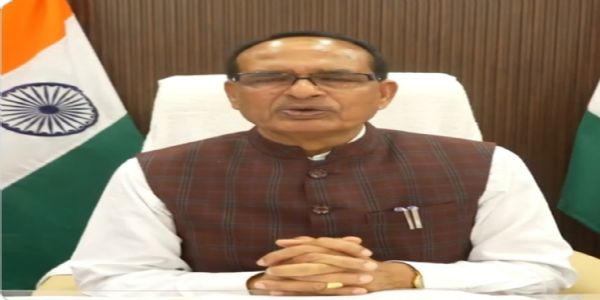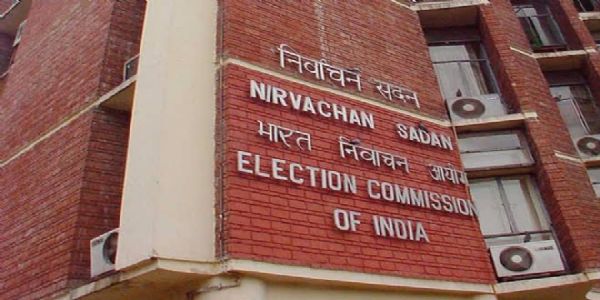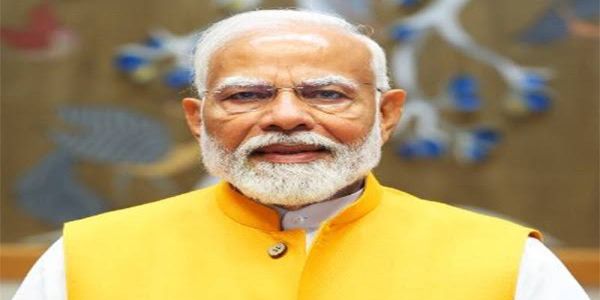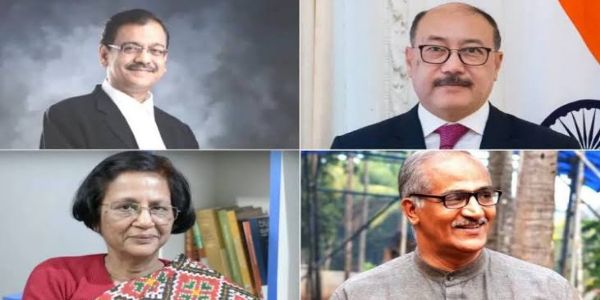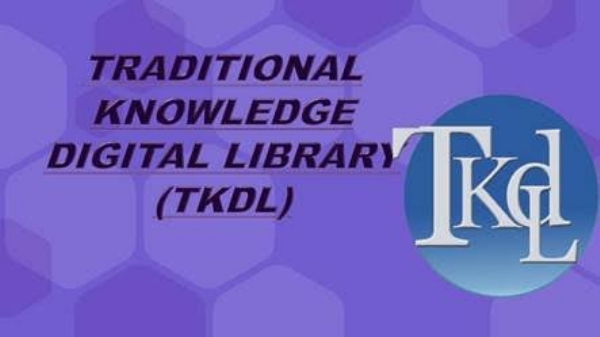
Delhi, 12 July (H.S.): The World Health Organization (WHO) has released a technical brief titled Mapping the Application of Artificial Intelligence in Traditional Medicine, recognizing India's leadership in integrating Artificial Intelligence (AI) with traditional medicine, notably within Ayush systems. This follows India's proposal for a roadmap to apply AI in traditional medicine, marking a significant global healthcare innovation milestone.
India's initiatives reflect Prime Minister Narendra Modi's vision to enhance the country’s role in digital health and traditional medicine integration. During the 2023 Global Partnership on Artificial Intelligence Summit, Modi emphasized the government’s efforts, guided by the principle of AI for all, to utilize AI for social development and inclusive growth.
Union Minister Prataprao Jadhav praised the WHO's acknowledgment of India's AI-driven projects that advance traditional medicine through technology. Initiatives like the SAHI portal, NAMASTE portal, and Ayush Research Portal exemplify India's efforts to preserve its rich medical heritage while paving the way for personalized, evidence-based, and accessible healthcare solutions.
Vaidya Rajesh Kotecha, Secretary of the Ministry of Ayush, highlighted notable AI innovations documented by WHO, including predictive diagnostics using Prakriti-based machine learning and the Ayurgenomics project, which merges Ayurvedic wisdom with modern genomics. At the heart of this transformation is the Ayush Grid, a digital health platform initiated in 2018 that supports various citizen-centric health initiatives and promotes the global integration of India's traditional medicine systems within digital frameworks.
The WHO publication underscores India’s advancements in traditional medicine, showcasing AI applications across Ayurveda, Siddha, Unani, Sowa Rigpa, and Homoeopathy. Diagnostic tools that combine traditional practices—such as pulse reading and tongue examination—with machine learning techniques enhance accuracy and allow for personalized preventive care.
A significant highlight is Ayurgenomics, which identifies predictive disease markers and personalizes health recommendations via AI analysis based on Ayurvedic constitution types. The document also notes initiatives aimed at understanding the genomic basis of herbal remedies for modern health challenges, thus merging ancient knowledge with contemporary science.
India’s efforts, including the Traditional Knowledge Digital Library (TKDL), are recognized for preserving indigenous medical heritage and promoting responsible utilization. AI tools aid in cataloging and analyzing ancient medical texts, improving access to invaluable therapeutic knowledge.
The WHO also acknowledges India's use of AI in identifying drug action pathways and improving integrations with systems like Ayurveda and Traditional Chinese Medicine. Additional initiatives focus on telehealth, enhancing digital literacy among practitioners, and forming interoperable systems to connect traditional and mainstream healthcare.
The Ministry of Ayush views this recognition as validation of India’s role in developing a strong scientific framework for traditional medicine while supporting global collaboration and responsible innovation in line with WHO's vision for AI in traditional medicine.
---------------
Hindusthan Samachar / Jun Sarkar





